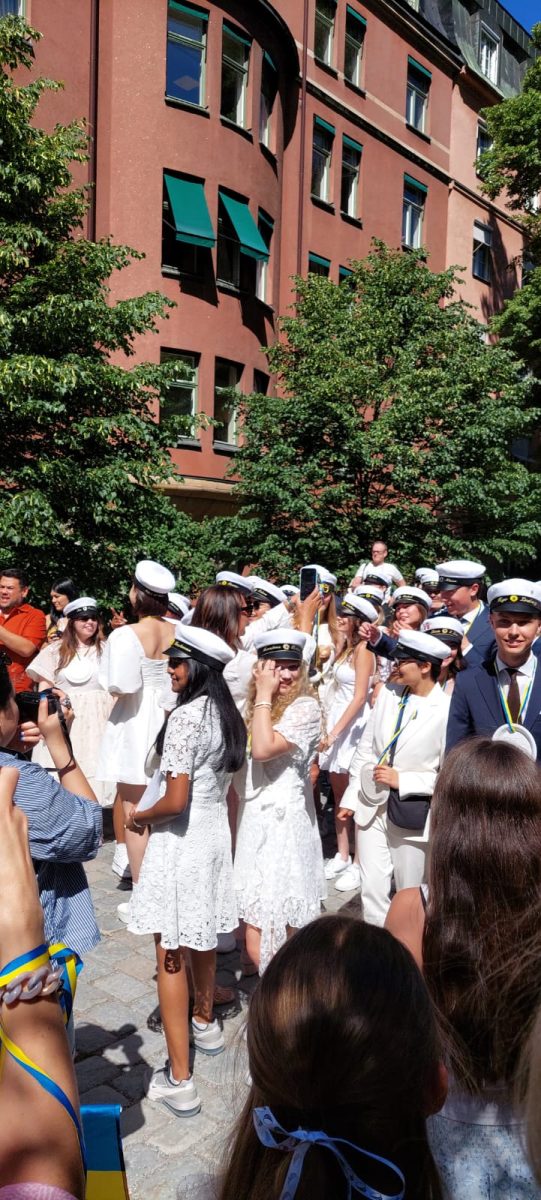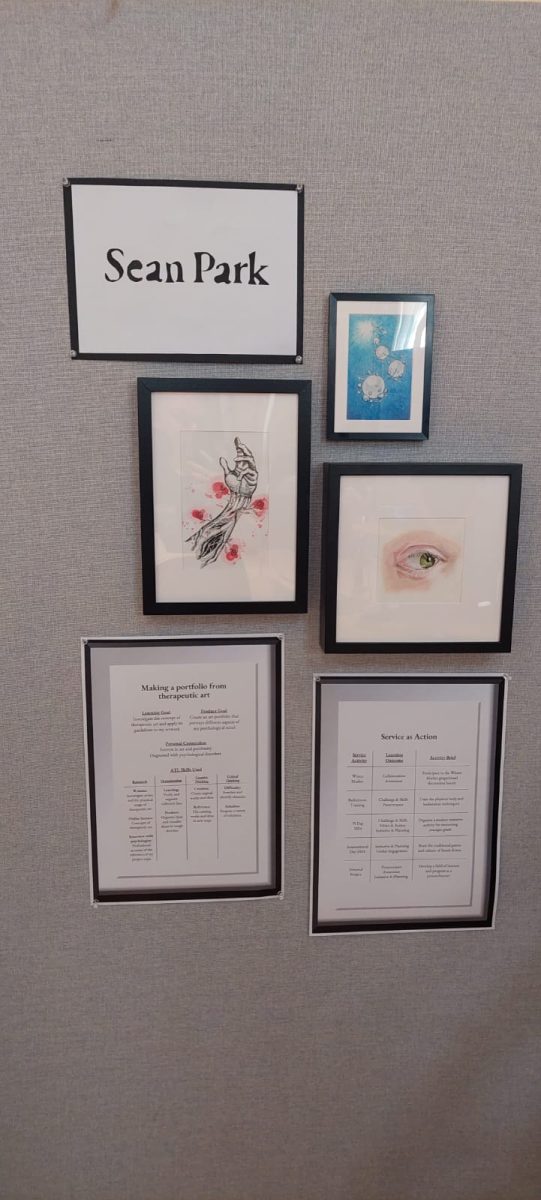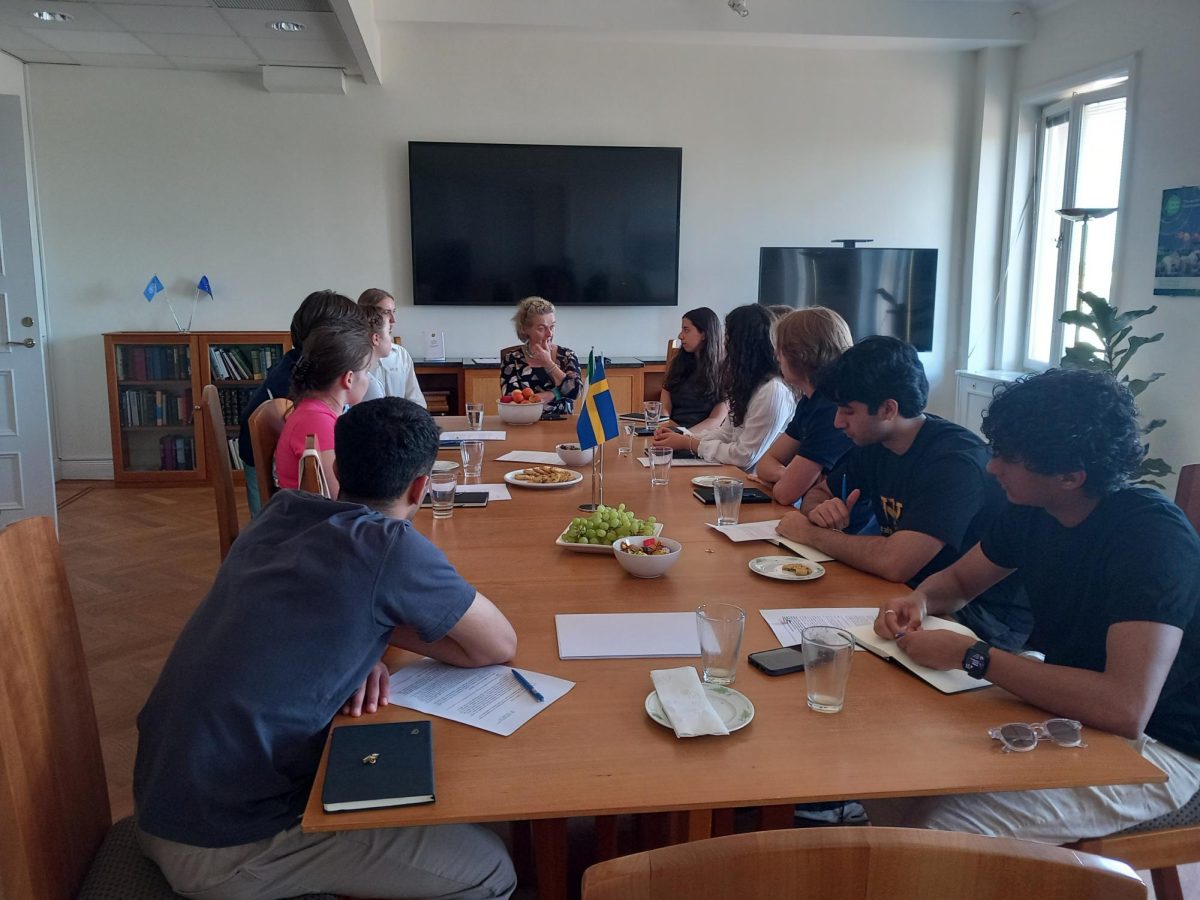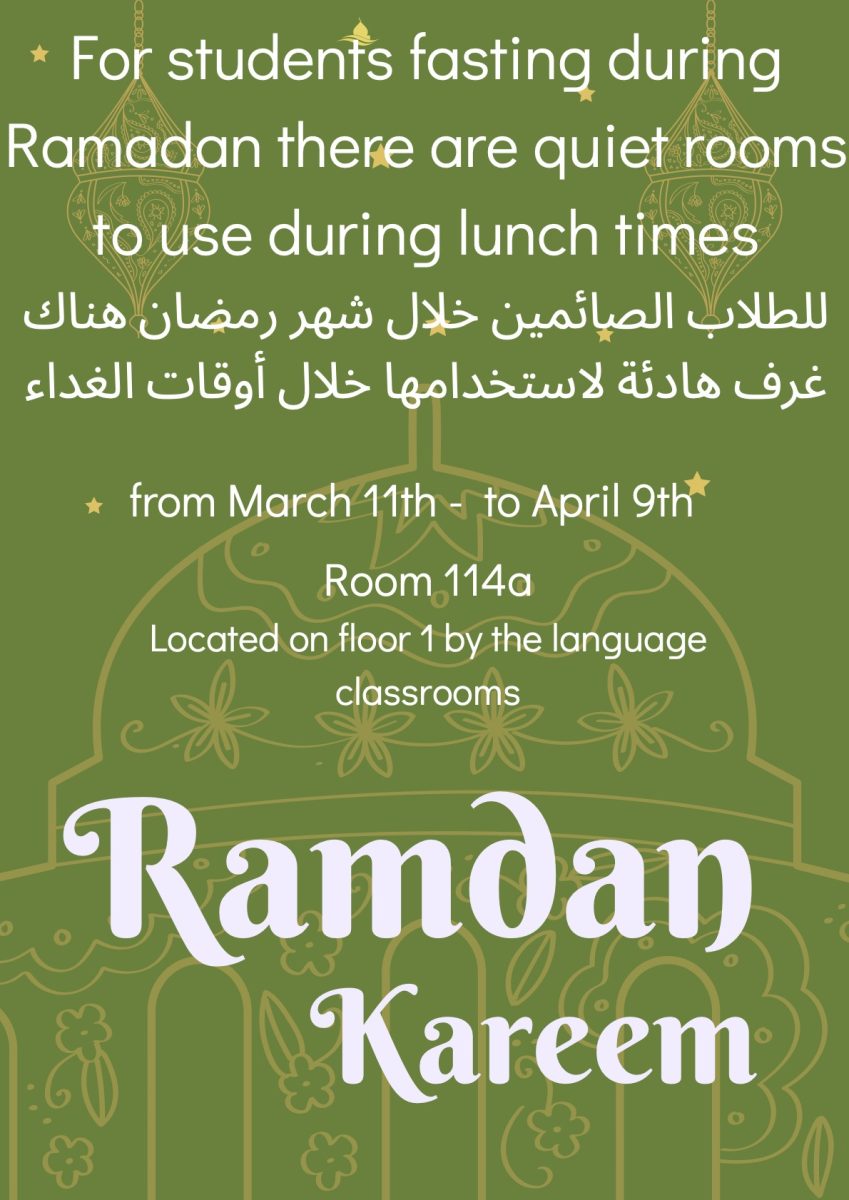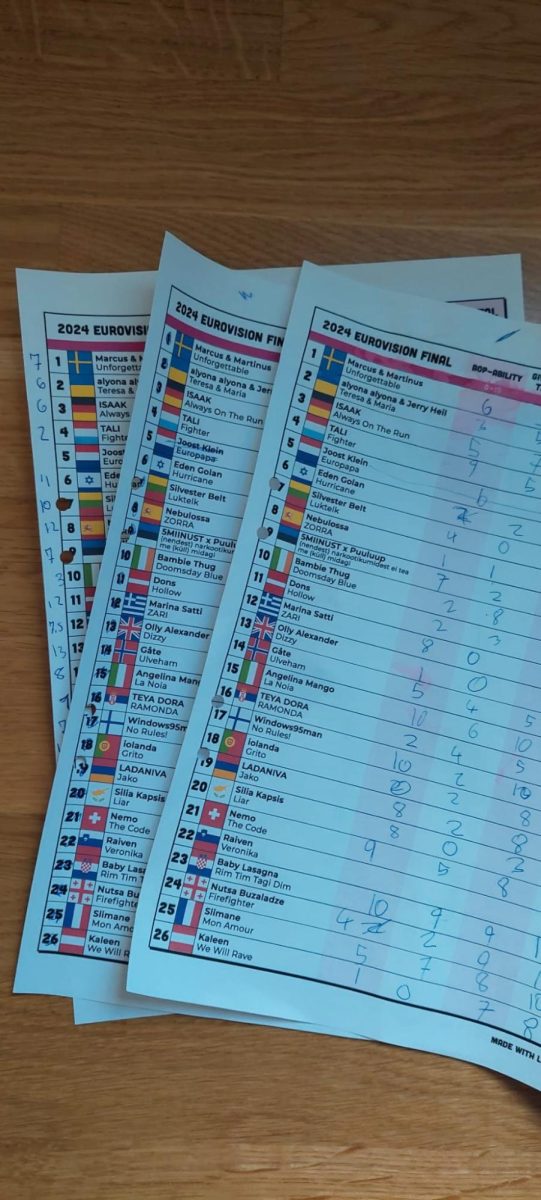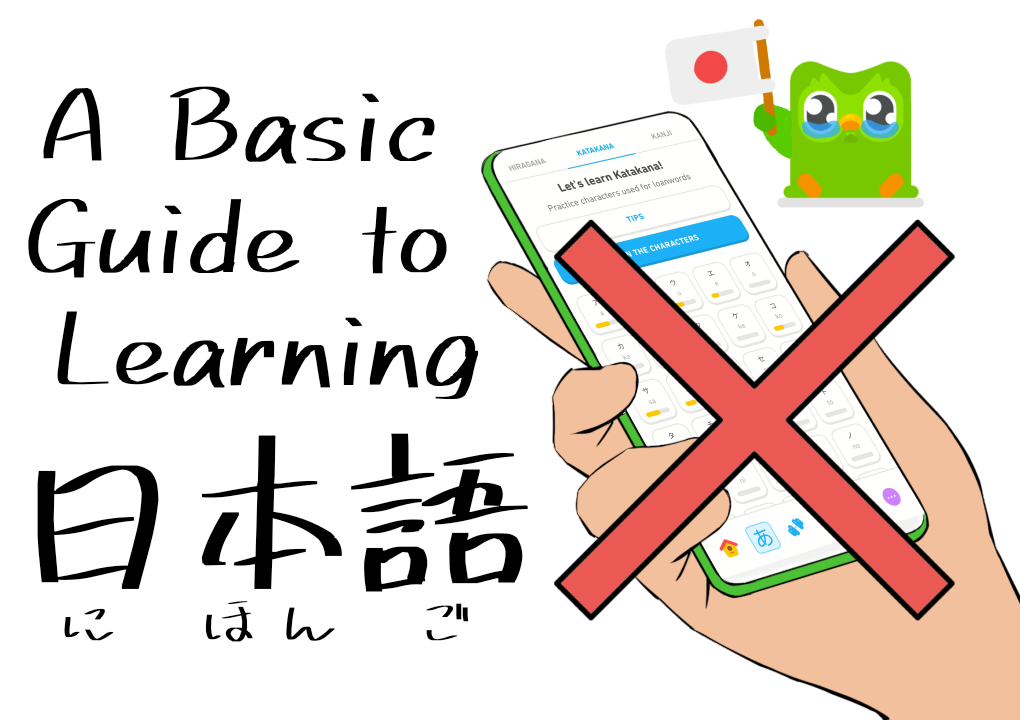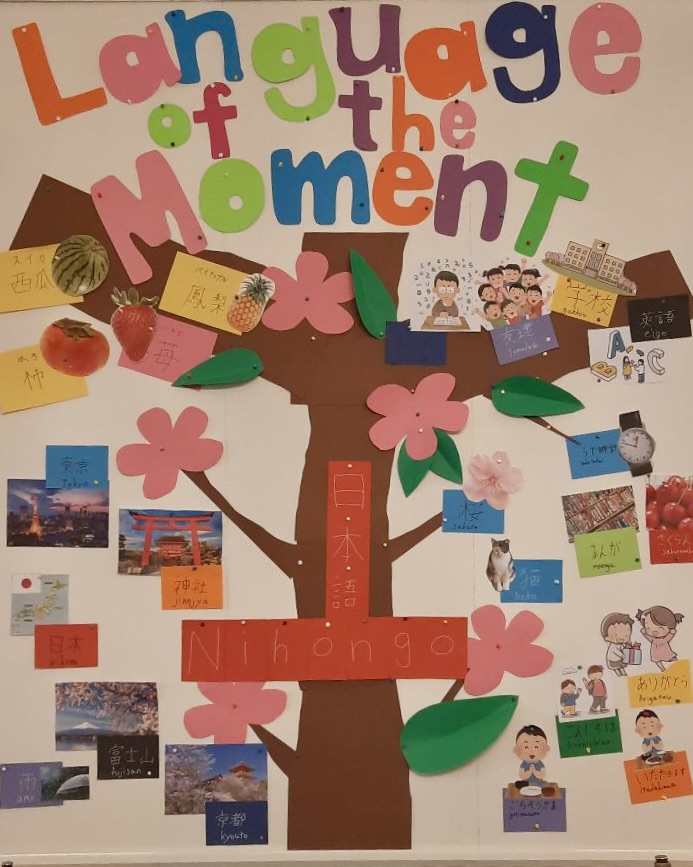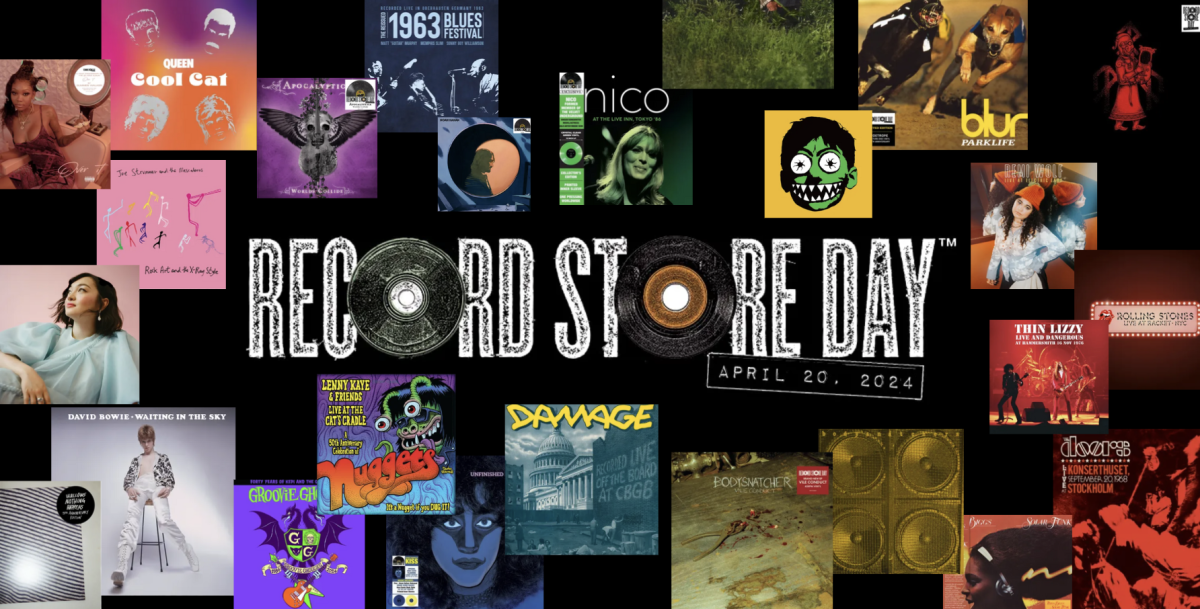Why is Ramadan special for you?
It is a holy month and people are more aware of themselves and conduct themselves with kindness and think more about their actions and what they say.
Can you tell us how a typical day during Ramadan is different for you than a day not during Ramadan?
People taking part in fasting will get up very early to eat while it is still dark out. Some people will eat a normal breakfast while others may eat a few dates and drink water and others may eat large meals, this meal is called Suhoor. It can be quite culturally dependent, but also up to what individuals feel like eating. As people have to get up before dawn to eat, sometimes it is very early and some people choose to go back to sleep for a few hours after they have eaten, while others stay awake for the day. You go to work or school like normal and you might try and not be too active during the day. When you come home you can eat again once the sun has gone down, the meal where the fast is broken is called Iftar or Ftoor.
What is the hardest thing about Ramadan for you?
Not being able to take part in sports can be difficult. You can’t drink during your fast so it isn’t practical to do sports or other things that would make you thirsty. Getting the hang of a new routine can also be a struggle at first and getting up early and fasting can mean that it’s hard to have the energy to juggle school and homework.
What is the best thing about Ramadan for you?
The sense of community and the chance to take care of yourself. Fasting can help you get out of bad habits and have a fresh start.
Is your experience of Ramadan different in Sweden to your home country?
In muslim countries, most people are taking part in Ramadan, so there is a special vibe in the air and everyone is doing something together. Different countries approach Ramadan slightly differently, like Egypt for example is known for having festivities during Ramadan and you will see lots of decorations, but we are mainly doing the same things and behaving the same way wherever we are.
What could the school do to support you more during this time?
Not much really. People are supportive and understanding, but generally during Ramadan you should go about your day as normally as you can. It’s nice that younger students that can’t leave school at lunch have the option of a room to go to during lunch but people being open and understanding is enough.
What can your friends/teachers/classmates do to support you at this time?
Just be supportive. Ask questions if you’re interested and don’t understand.
In your experience, what is something that is commonly misunderstood about Ramadan?
That Ramadan isn’t a good experience or that people are made to fast. Most children see the adults or older members of their family fasting and they want to do it. They aren’t made to fast. Fasting isn’t this difficult hardship that muslims have to overcome, it’s something people want to do. It’s actually a really positive experience that helps you reflect on the experiences of others.
I know that Eid is something connected to Ramadan, but I’m not exactly sure what it is or how it is connected. Could you explain?
Eid is the celebration at the end of Ramadan. People celebrate with their families, eat large meals and cookies, and wear new clothes. It is traditional for older relatives to give money to younger relatives.
How do you deal with assessments while fasting?
Assessments carry on as normal, even in Muslim countries assessments carry on as normal. You shouldn’t change your life because you are fasting.
Anything else we should know?
If you want give well wishes to a Muslim during Ramadan you can say “Ramadan Mubarak” or “Ramadan Kareem”
Is it inappropriate or insensitive for the school to host events that feature food during Ramadan?
No, not at all. Fasting is a personal thing. People who are not fasting aren’t expected to stop or change their activities. It is fine for students to take food away with them to eat after sun down if they want to.


